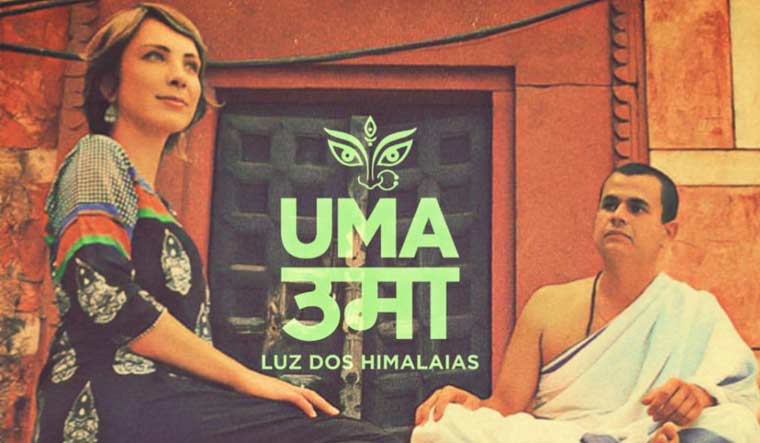
When we speak about India’s diaspora connect, the first countries that usually come to our mind are the West and the Carribean. The former from a contemporary perspective, and the latter from a historical one. Brazil is one name which usually might not figure in the conversation. But, India shares a deep cultural and social connect with the South American nation, much beyond the simplistic fact that both were Portuguese colonies at one point of time. Look closer, and there emerge similarities in geography, food habits and even physical appearance. "One of the reasons, I feel, is that the Portuguese colonised India and Brazil around the same time,” says Ananda Jyothi, a filmmaker from India who has been based in Brazil for over a decade. “A lot of our habits, especially from Goa, reached their lands. The physical features are also similar in some ways. It is easy for Indians to be mistaken for Brazilians in Brazil. Plus they have this great affinity for Indian culture and philosophy,” he says.
Jyothi recently directed a Brasilian film called Uma: Luz Das Himalaias (Uma: Light of the Himalayas), which will be the first Indian production—a collaboration between Perumeen Cinema and Vedanta Life Institute—to be screened commercially in Brazil. The film has also been selected for the World Premiere section of the International Film Festival of India (IFFI) in Goa on November 24.
According to Jyothi, Uma tells a story about spiritual search of Brazilian young seekers, discovering the light and tranquillity through the depth of Indian wisdom. “Uma is the first Indo-Brazilian audiovisual co-production by Perumeen Cinema and Vedanta Life Institute, Rio de Janeiro,” says Jyothi. “This is the story of a journey into the self, a journey inspired by real people and real events, in search of the true light that guides a true seeker. And where can the light be most illuminating, most illustrating, in its element than the sacred Ganges River, which represents the ancestral wisdom of India.”
“India has, for centuries, been the subject of personal discovery and enchantment for those who seek the path,” he said. “The film portrays the journey of Isabela, a doctor and psychologist from Brazil, who finds herself drifting through the river of knowledge, the river of liberation she affectionately calls ‘Maa Ganga’ or mother Ganga. Will she discover what she is seeking?”
“Jonas Viswanathan was as an engineer by profession and a successful entrepreneur who, later in life, gave up the material aspects for spiritual discovery. Presently a teacher of Vedanta, he devotes his life to spreading the knowledge of Vedas. He follows the river of knowledge with unshakable faith and believes in his journey towards wisdom. We catch a glimpse of his magnificent journey of self discovery, a pilgrimage one makes unto oneself. Jonas, Isabela, Gauri, Juliana and many other characters intersect in search of their ‘self',” he says.
All the characters, he says, are based on true stories, and the film is shot in a docu-fiction format.
It was after Jyothi finished his scholarship in Greece, studying Indian comparative philosophy, that he met his now wife Carina Bini, a Brazilian by ethnicity. He was in Brazil for over a decade, working on films and documentaries. One of his documentaries, based on 'Brazil-A View from Inside', by economist Vinod Thomas, was very well-received. Bini, a screenwriter, is busy organising film festivals across the country.
How does he anticipate the reception to the film in Brazil? “I am really hopeful of a great reception,” he says. What the people don’t know is that Brazil has a thriving television industry. Over 60 per cent shown are Hollywood films; now, they have brought in 35 per cent quota for Brazilian films. Novellas (soap operas) are very popular. Again, (to highlight the India connect) 2009 novella India: A Love Story is a very popular one.” Uma, he says, will be screened by November end in 28 cities in Brazil.



No comments:
Post a Comment